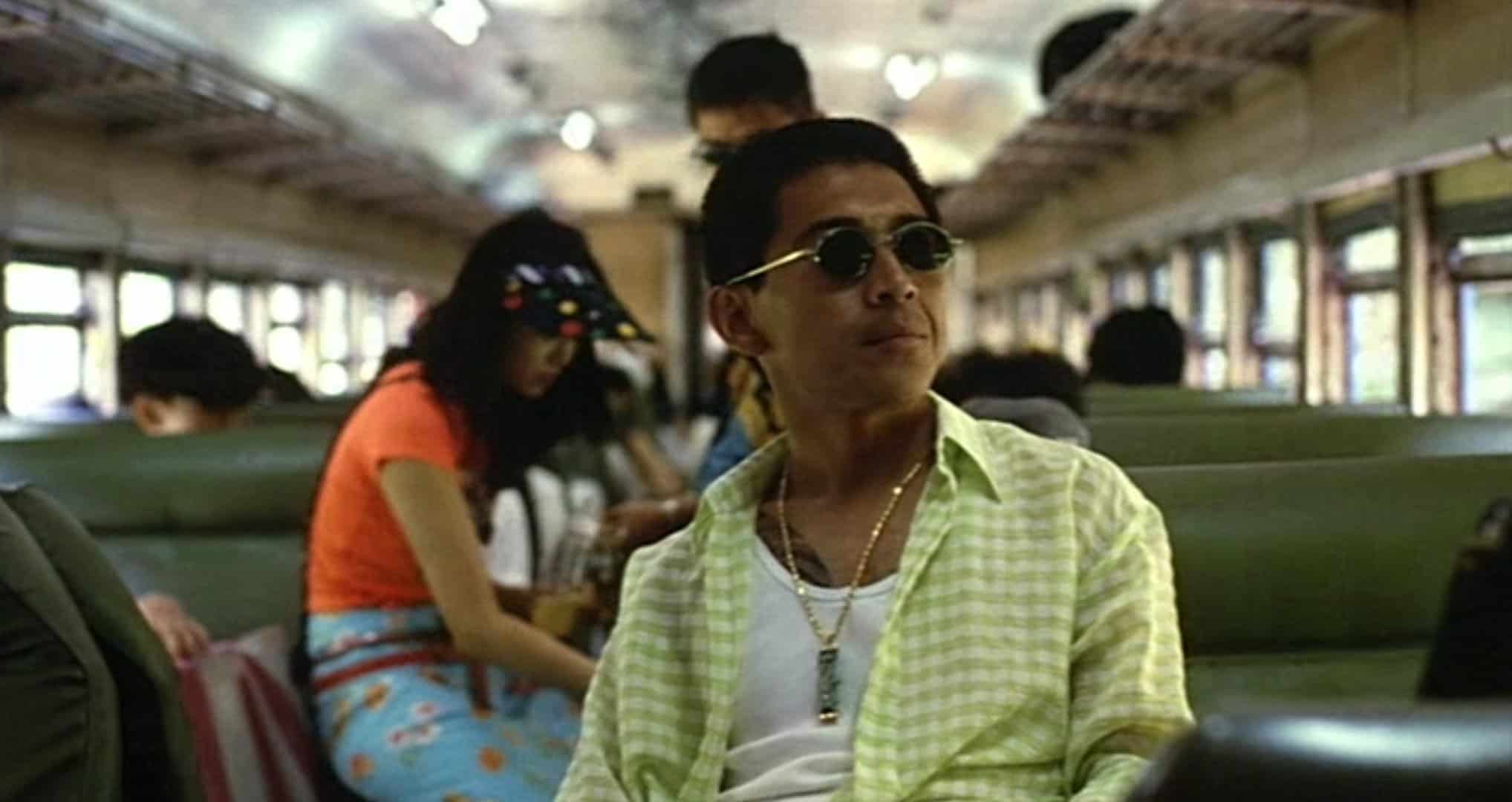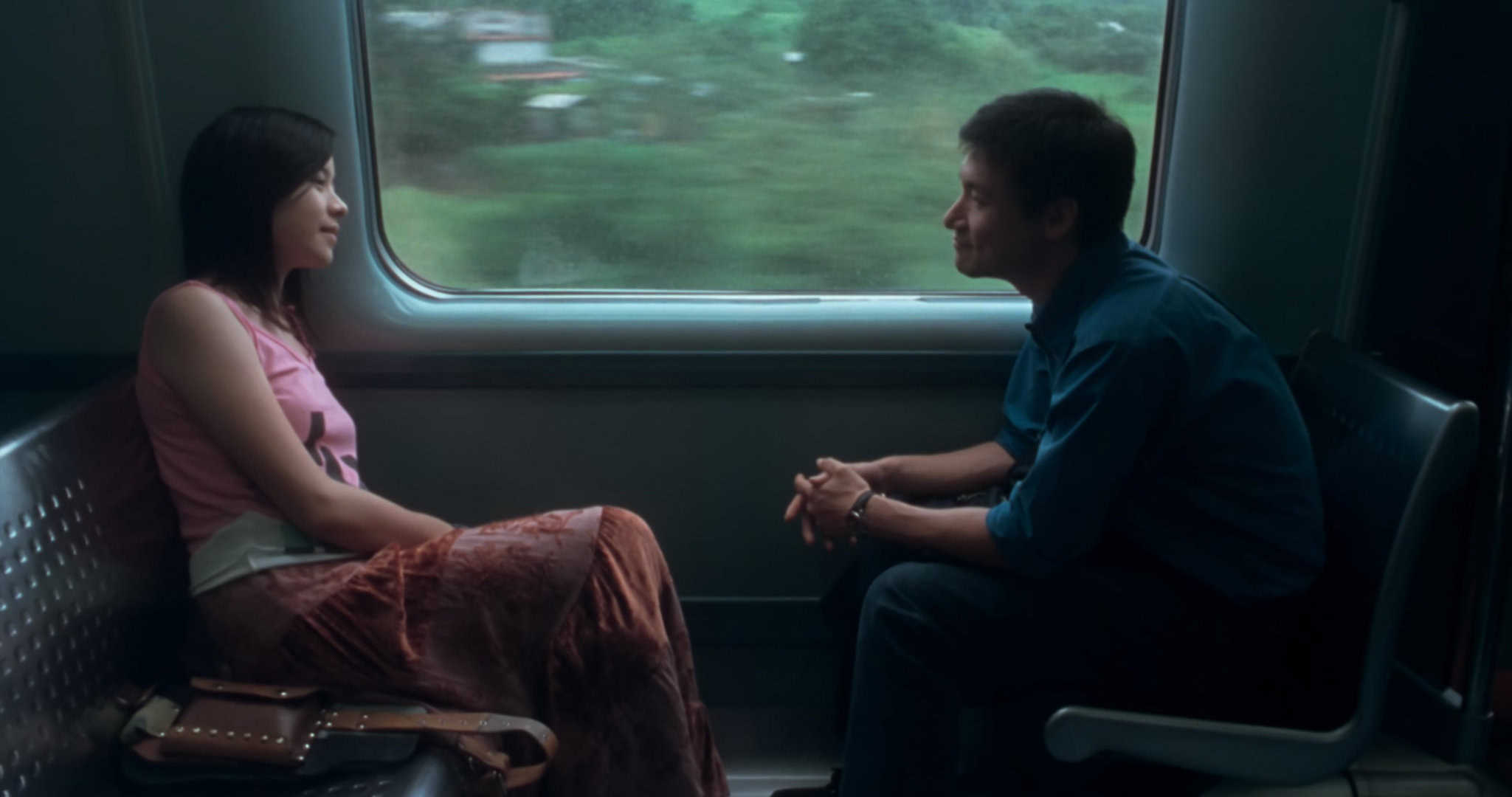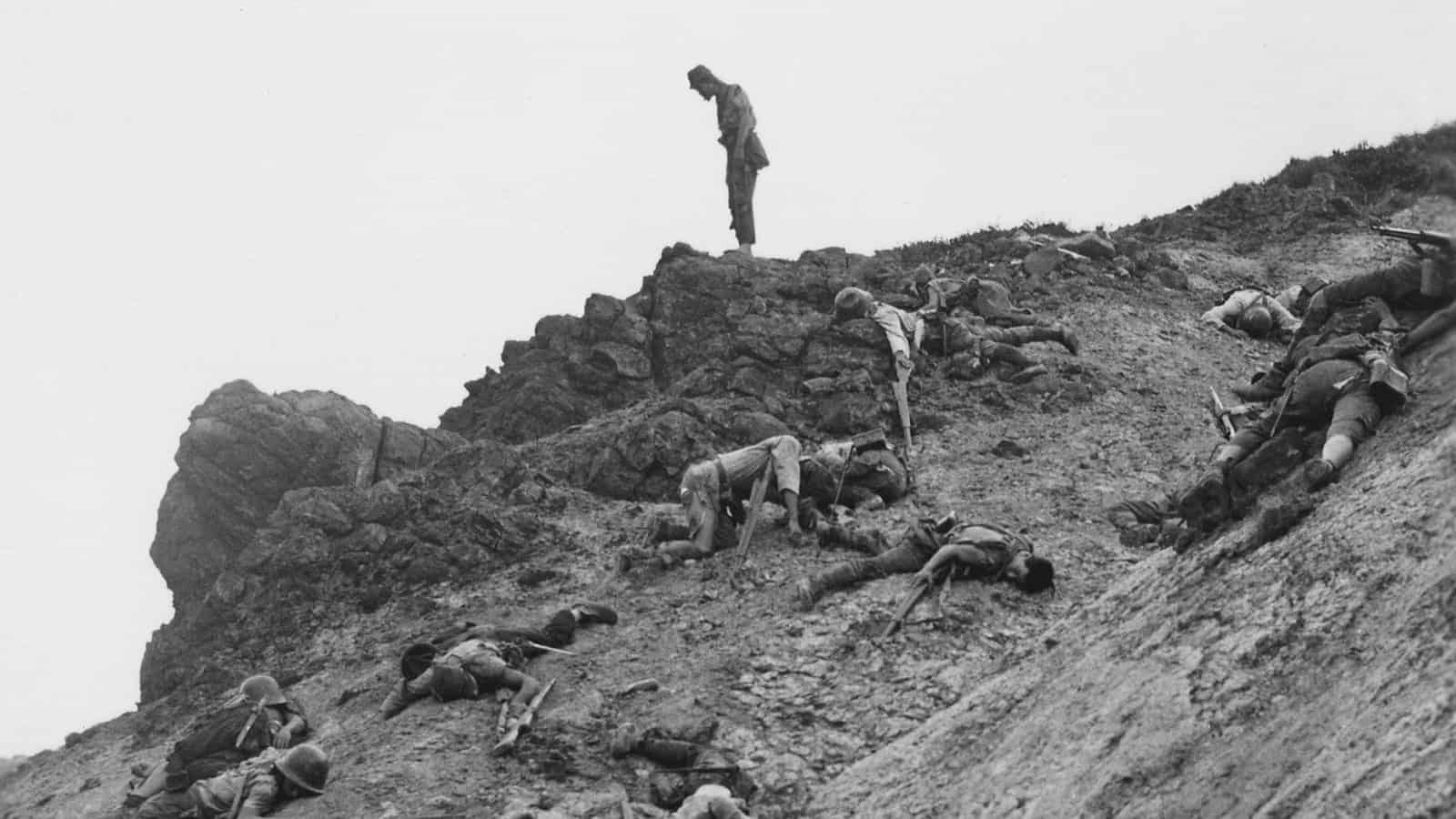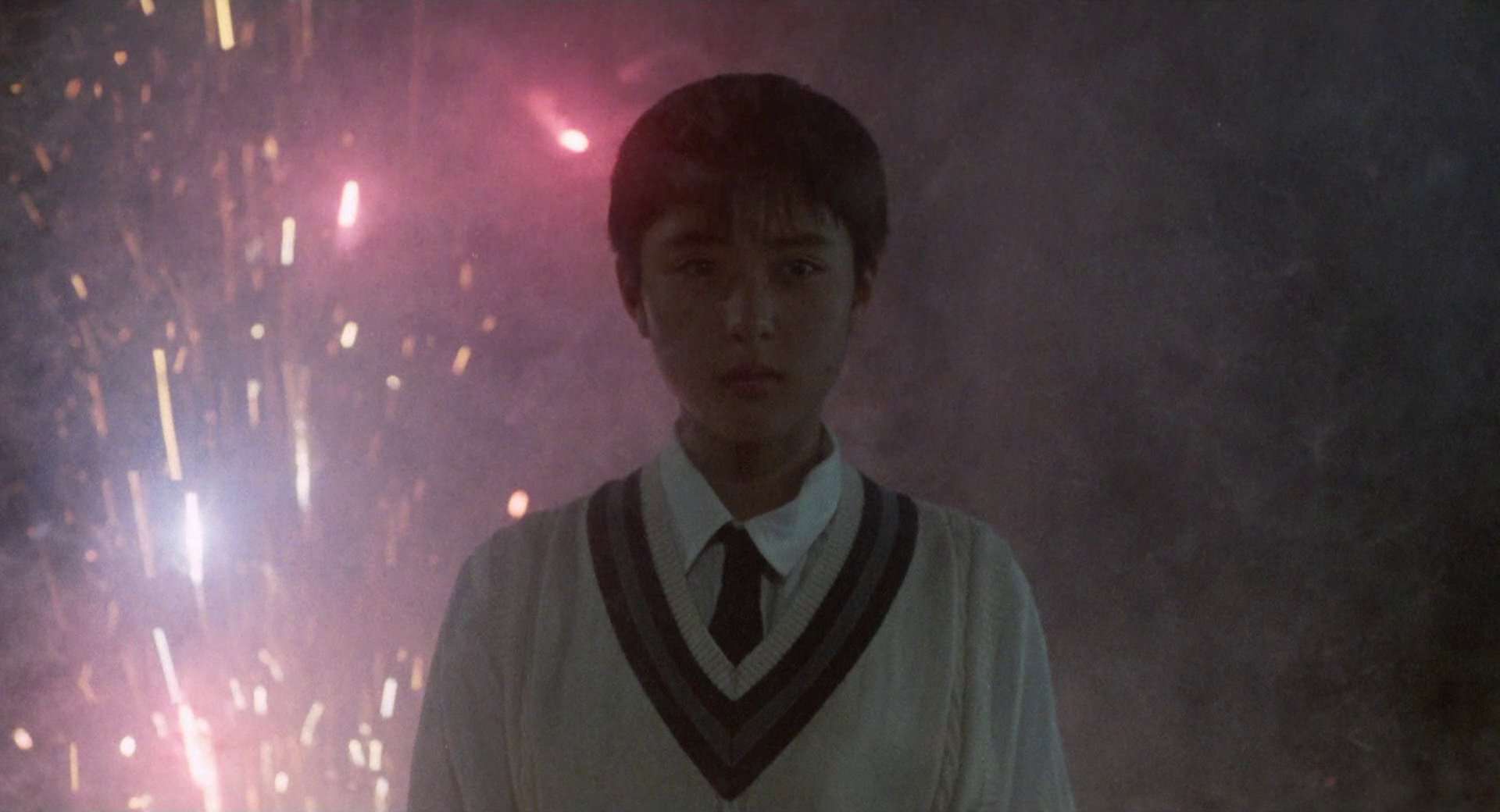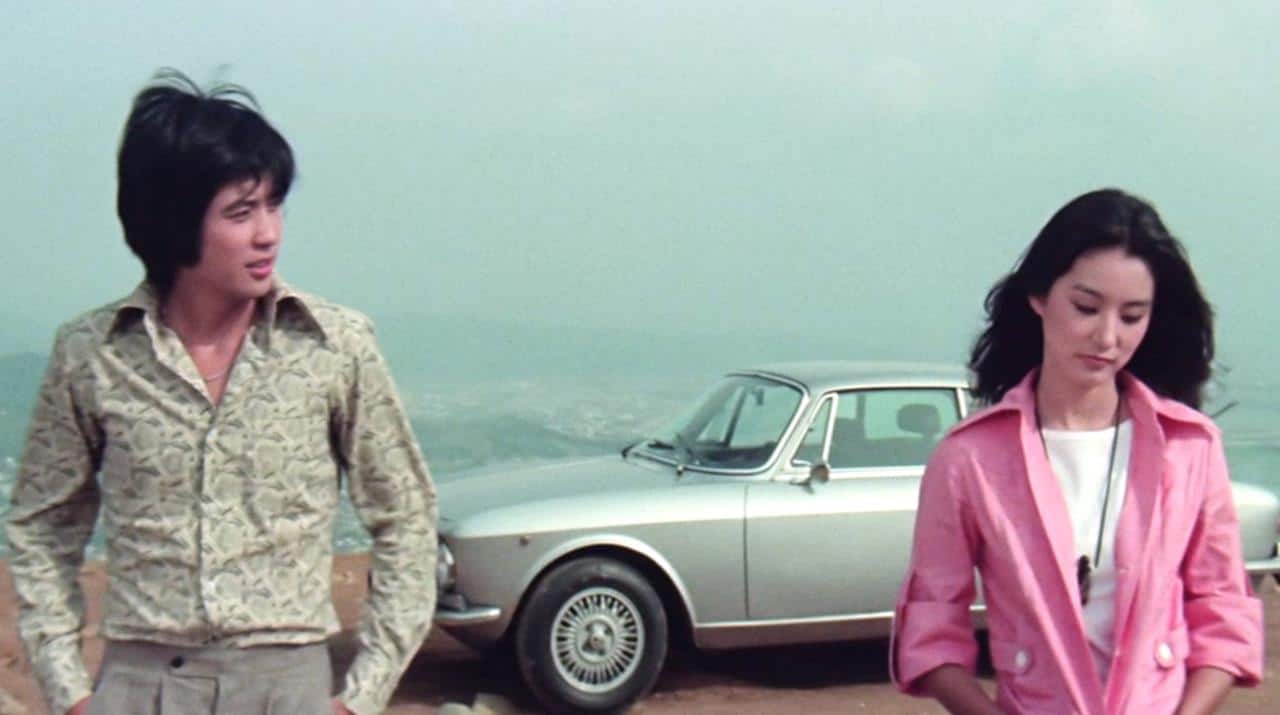The example of “Owl” demonstrates that filmmaking is both a lengthy and intricate process. This passion project was in production for 6 years, and towards the end, the creators had to crowdfund to complete it. The director of the movie, Julian Pham, who is also a writer, cinematographer and a dancer, wrote: “We weathered a pandemic. We kept running out of money. We've been trying to pay for it on our own all along the way, but have run out of options […]” on his debut's campaign page on Indiegogo. Although it is his first full-length feature, he can't be considered a beginner in the industry, as his short films were screened at festivals such as the New Renaissance Film Festival, Kinofilm Manchester International Short Film Festival, and Blow-Up International Arthouse Film Festival.
Owl is screening at CAAMFest
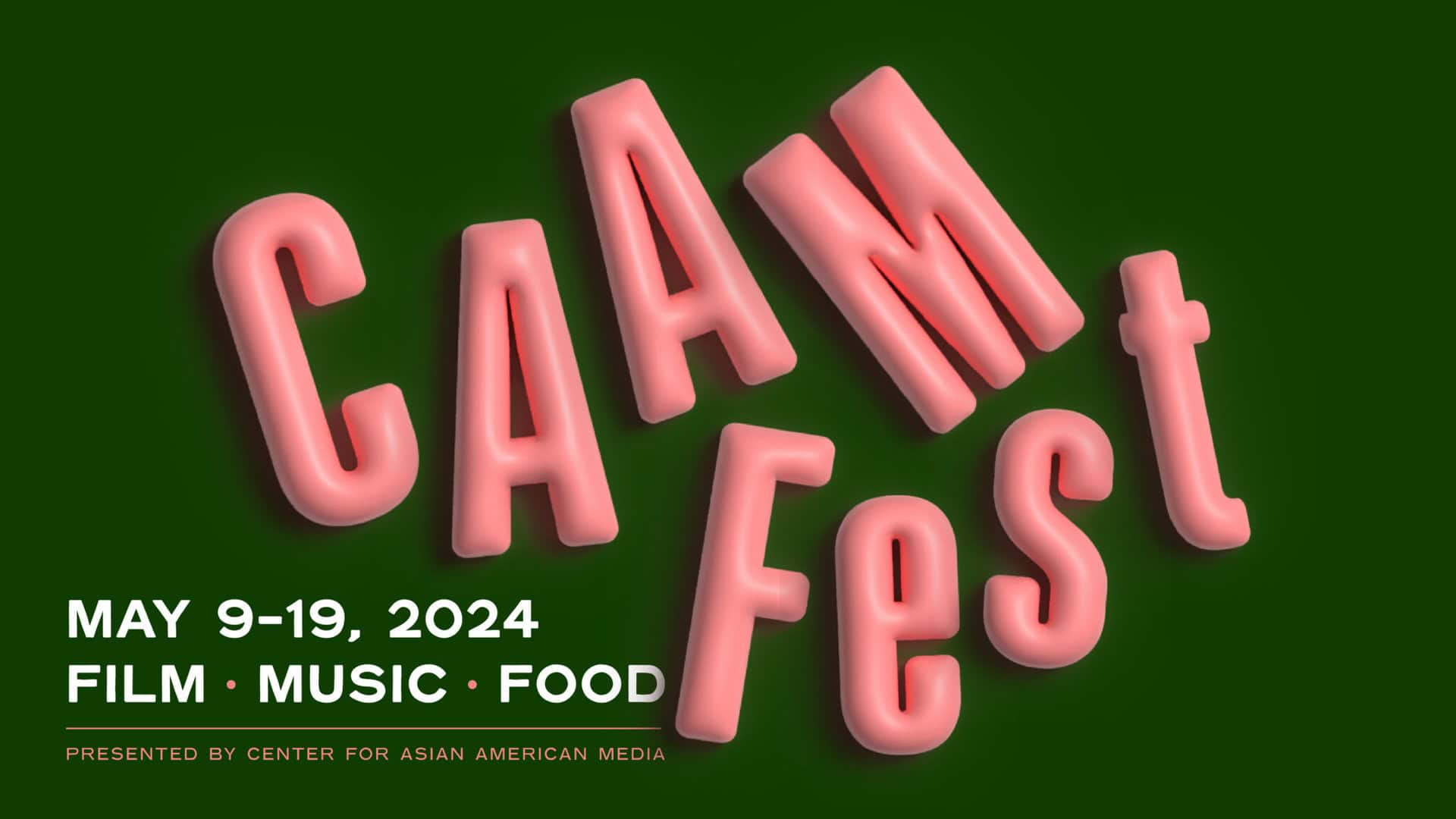
The story concentrates on Jean (Marica Petrey) who, after spending several years in Seattle, comes back to Oakland to assist her elderly sick father (Randall Nakano). Being back home evokes painful memories that she must confront. Initially, she hopes that her visit will be brief, but she discovers that her father's health is worse than she anticipated. Therefore, she takes responsibility for his locksmith business, and in the meantime reconnects with an old friend, Nico (Robert M. Lee).
The main theme of this picture seems to be the self-actualization of the main character. As the story unfolds, the audience can witness how she gradually comes to terms with herself, and changes her perspective on some things. Jean struggles with the memories of her family life, which is especially noticeable in the scenes where she watches old videotapes that her mother recorded. This potentially engaging process of dealing with trauma could be supported by the writing in a more satisfying way, but the pace of the narrative feels inconsistent, and the dialogues are lacklustre. This mild disarray may be the result of the fact that the script was written by three individuals.
Marica Petrey, who impersonates the main character, does a good job, as she shows various emotions in a convincing manner – happiness, confusion, or anger. Jean Kaneko feels like a real person who has a complicated relationship with her father, and is going through a tough time figuring out the meaning of her existence. Sadly, her performance is the only one that feels compelling – both supporting actors, Randall Nakano and Robert M. Lee, deliver rather flat performances. As a result, Marica Petrey carries much of the emotional weight of the story on her shoulders.
Likewise, the cinematography by Andres Gallegos stands out as one of the film's stronger elements, as for the most time it is subtle and consistent. Moreover, the Chilean operator manages to shoot some really visually pleasing scenes. The filming style definitely fits the topic and overall atmosphere of the movie, which, as a result, is most captivating when there are no dialogues, allowing the viewer to focus solely on the visuals.
Overall, “Owl” is a decent debut that feels authentic and presents some interesting topics, such as the father-daughter relationship or the search for one's purpose. Unfortunately, it also feels underdeveloped, as it doesn't explore them in a sufficient way, and ultimately lands on being quite a mediocre experience.



